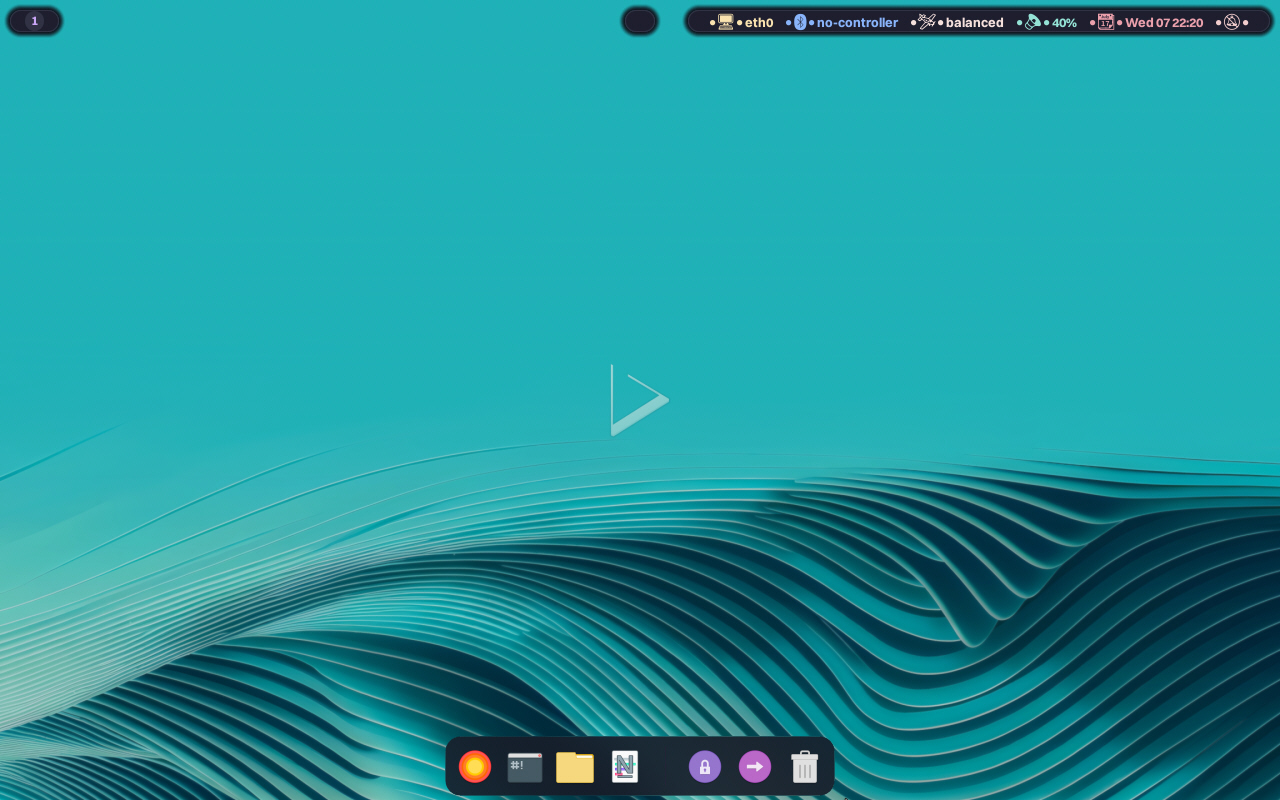
Nitrux 5.1 isn't trying to replace Windows 11, but it might tempt you anyway
Windows 11 remains a familiar choice for many users, although complaints about hardware requirements, update behavior, and uneven performance continue to make large numbers of people wonder if it’s worth sticking with.
For those users, Linux is a viable alternative and one of the better, lesser-known OS choices is Nitrux, which has now reached version 5.1.
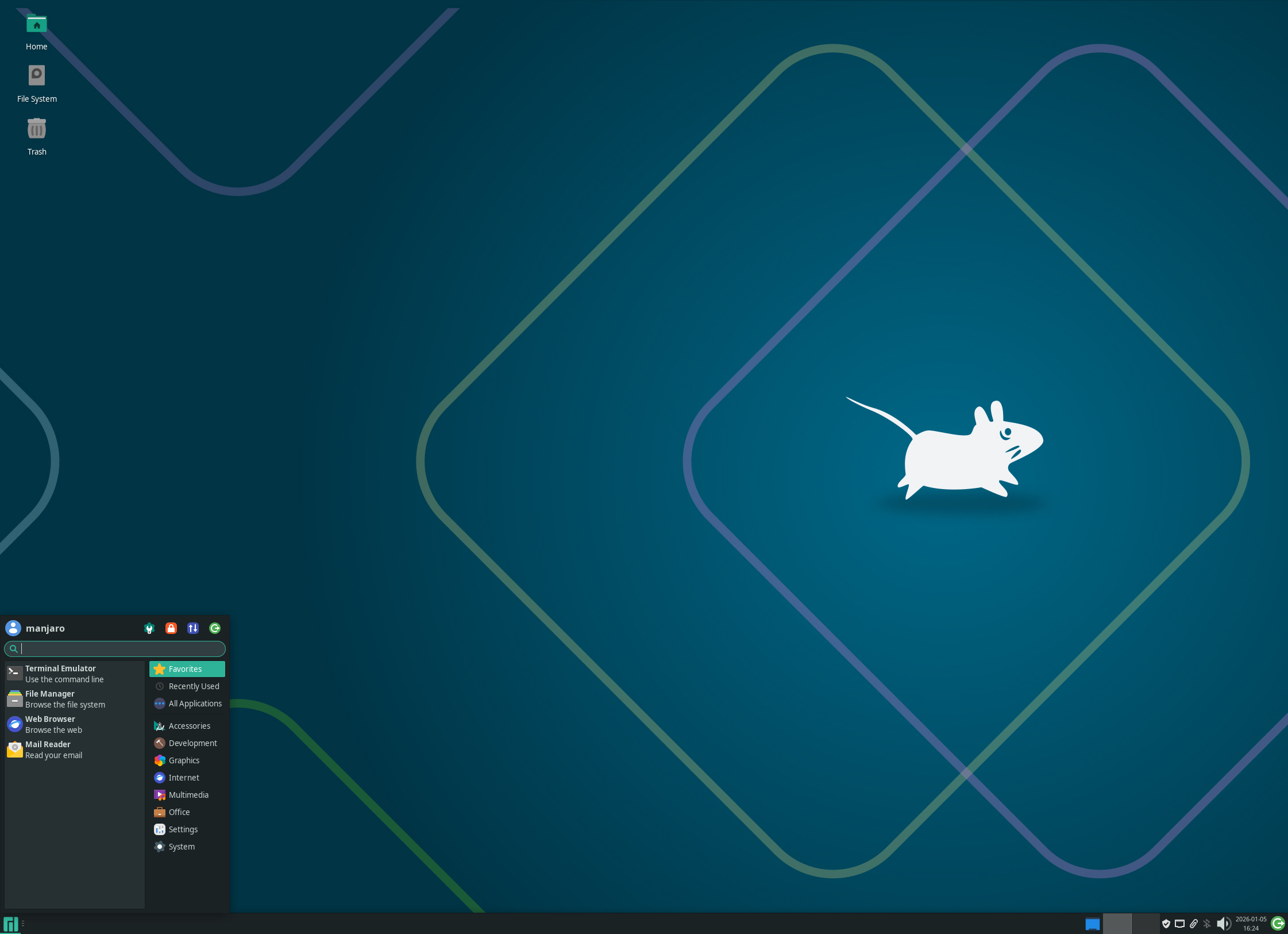
Manjaro 26 makes a strong case for leaving Windows 11 behind
If you’ve been looking for a reason to ditch Windows 11, the latest version of Manjaro Linux might just be it. Manjaro 26.0 Anh-Linh (Vietnamese for a noble or sacred soul), updates all three of its main desktop editions with changes to app performance, window behavior, theming controls, and remote access.
This release focuses on parts of the system people use every day. App loading, desktop layout options, permissions, and system controls have all been improved, and are noticeable as soon as you start using the desktop.

Tuxedo unveils Gemini 17 Gen4 Linux laptop for high performance workloads
Tuxedo Computers has launched its latest Linux laptop, the Gemini 17 Gen4. The new 17.3 inch notebook is designed as as a desktop replacement and combines an Intel Core i9 processor, Nvidia RTX 5070 Ti graphics and a 2560 x 1440 240Hz display. It's aimed at users who want workstation performance in a portable form.
The Gemini 17 Gen4 is built around on Intel’s Core i9 14900HX, a 24 core chip with eight performance cores and sixteen efficiency cores. It supports up to 32 threads with Hyperthreading and can reach up to 5.8GHz on single core loads. Tuxedo allows the CPU to draw up to 115W in this chassis. Under lighter workloads, the efficiency cores handle most tasks so the system can keep fan speeds low.

Dealing with the challenge of creating a unified SQL Server data estate [Q&A]
Many organizations are running SQL Server across Windows, Linux, containers, and Kubernetes. Obviously there are advantages if that environment can be unified into a single data estate, but doing so presents a number of challenges.
We spoke to Don Boxley, CEO and co-founder of DH2i, to look at the problems involved and how to address them.
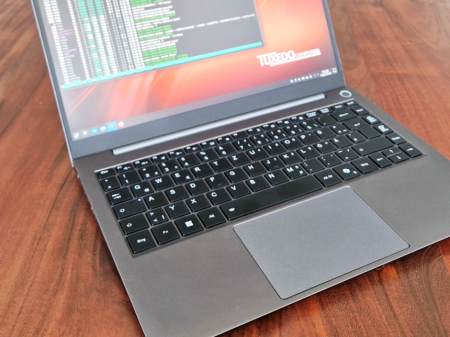
Tuxedo halts Linux ARM laptop project over Snapdragon X Elite issues
Tuxedo Computers has paused development of its planned Linux ARM notebook based on Qualcomm’s first-generation Snapdragon X Elite chip, bringing the eighteen-month project to a halt.
The company says the device won't now move forward in its current form due to technical limitations that prevent it from meeting the standard expected of a Linux-first laptop.

Say goodbye to Microsoft Windows 11 and hello to Nitrux Linux 5
Windows 11 remains familiar territory for many users, but it continues to frustrate those dealing with sluggish performance and high system demands on older machines. Frequent updates often fix some problems while introducing others, leaving users searching for an alternative. For those ready to move away from Windows, there's Nitrux Linux 5.
After a long wait, the latest version of the Debian-based Linux distribution has arrived, bringing with it a wealth of changes and improvements. Top of the list is the Hyprland desktop which replaces KDE Plasma.
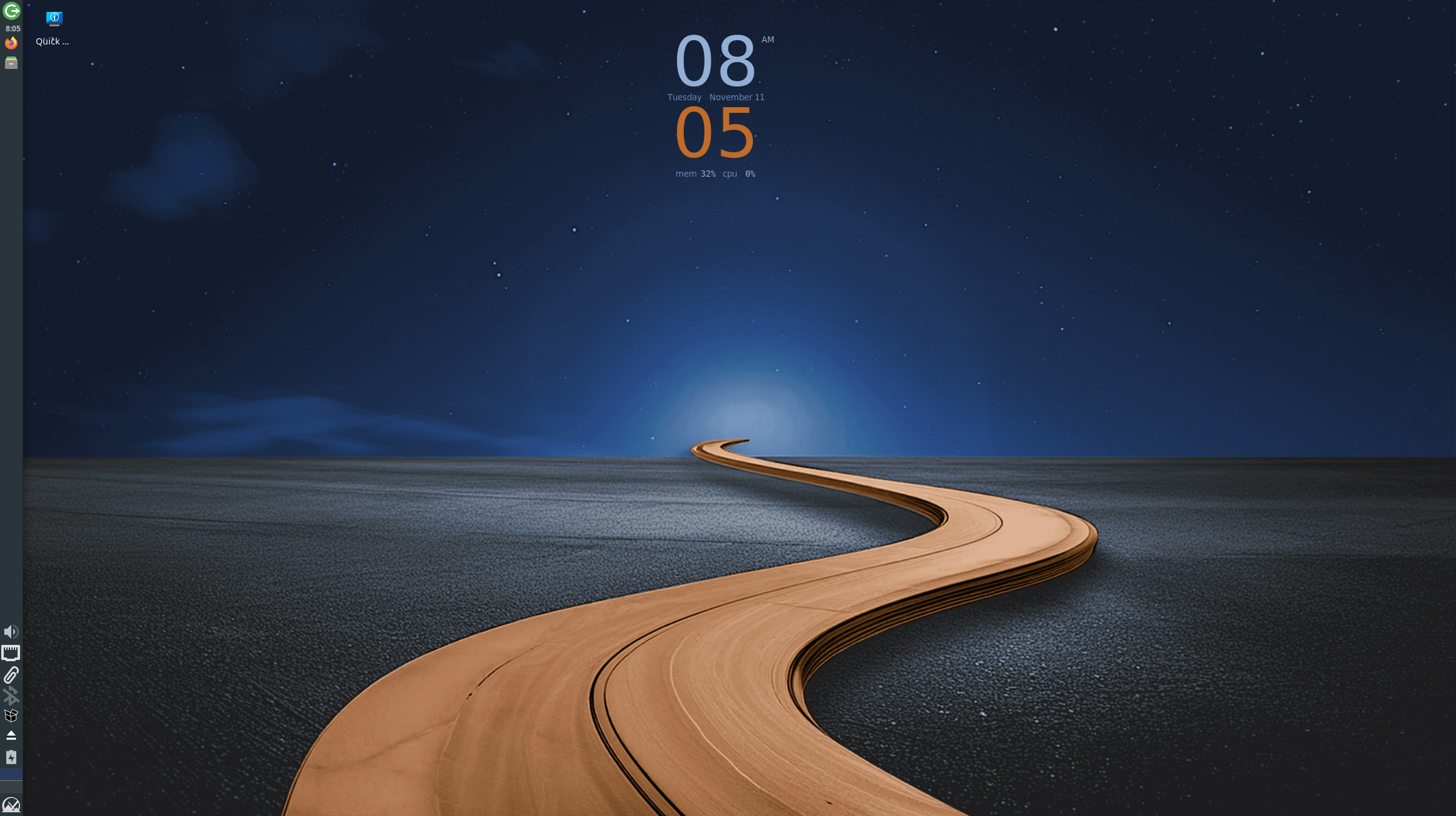
MX Linux 25 'Infinity' arrives with a cleaner look and easier installation
MX Linux 25 “Infinity” has been released and offers a major update for the Debian-based distribution known for stability and usability. The cooperative project between the antiX and former MEPIS communities offers editions based on Xfce, KDE Plasma, and Fluxbox desktops and is built on Debian 13 “Trixie” with MX’s repositories included.
All core releases now include systemd by default, a shift from the project’s long history with sysVinit. Any users who prefer the older initialization system can still download alternative sysVinit editions. The developers say this change improves compatibility with modern Debian packages and simplifies maintenance going forward.
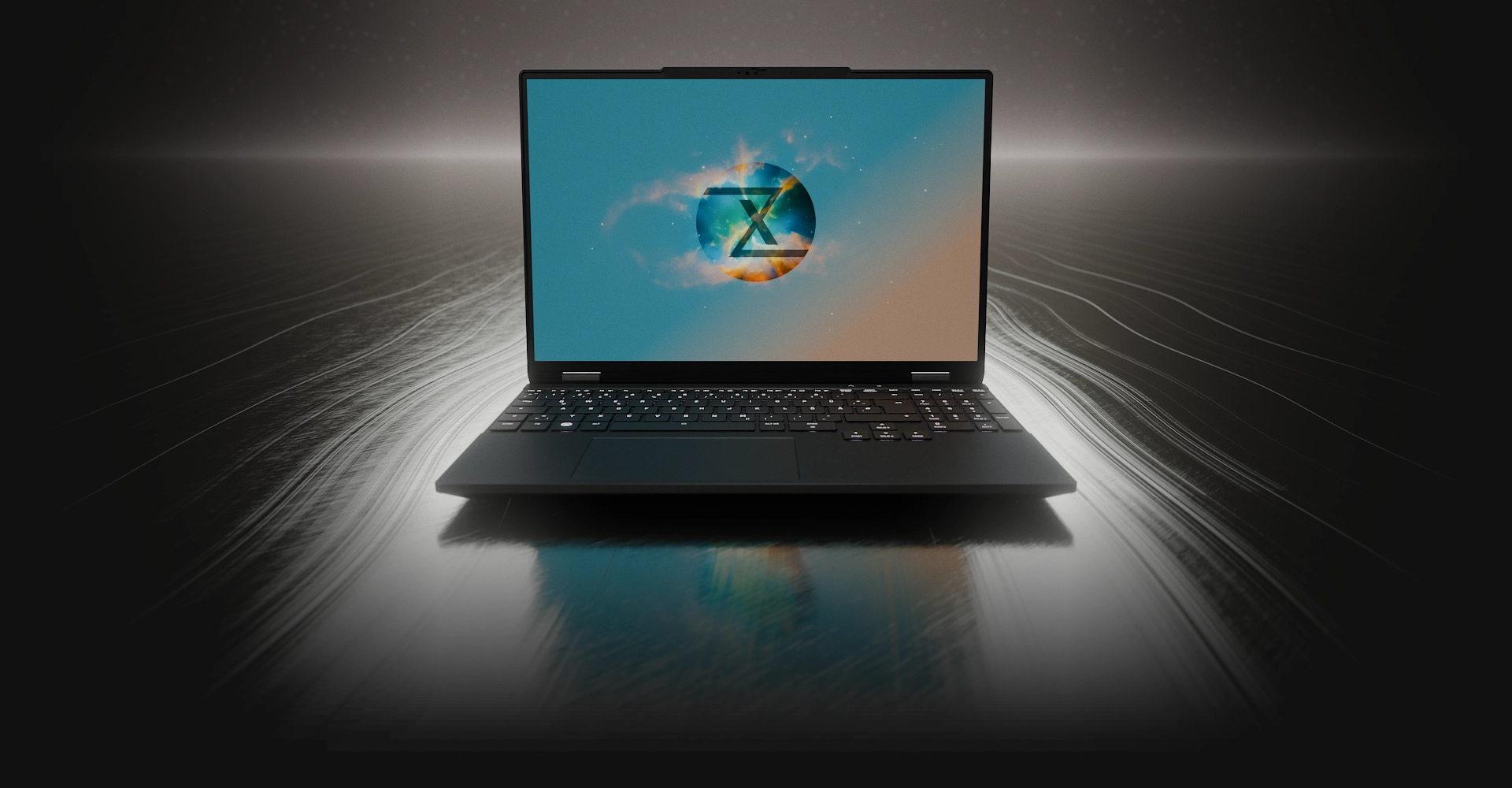
Tuxedo InfinityBook Max 15 Linux laptop offers desktop-grade power
Tuxedo designs and builds Linux computers. The InfinityBook Max 15 is the German firm’s newest Linux laptop, and it arrives with Wayland as the standard graphics system, even on models that use Nvidia GPUs.
The new laptop is the company’s third model to use Wayland by default, following the Polaris 15 Gen5 and Gemini 17 Gen3, which both faced issues running X11 under Ubuntu and Tuxedo OS.
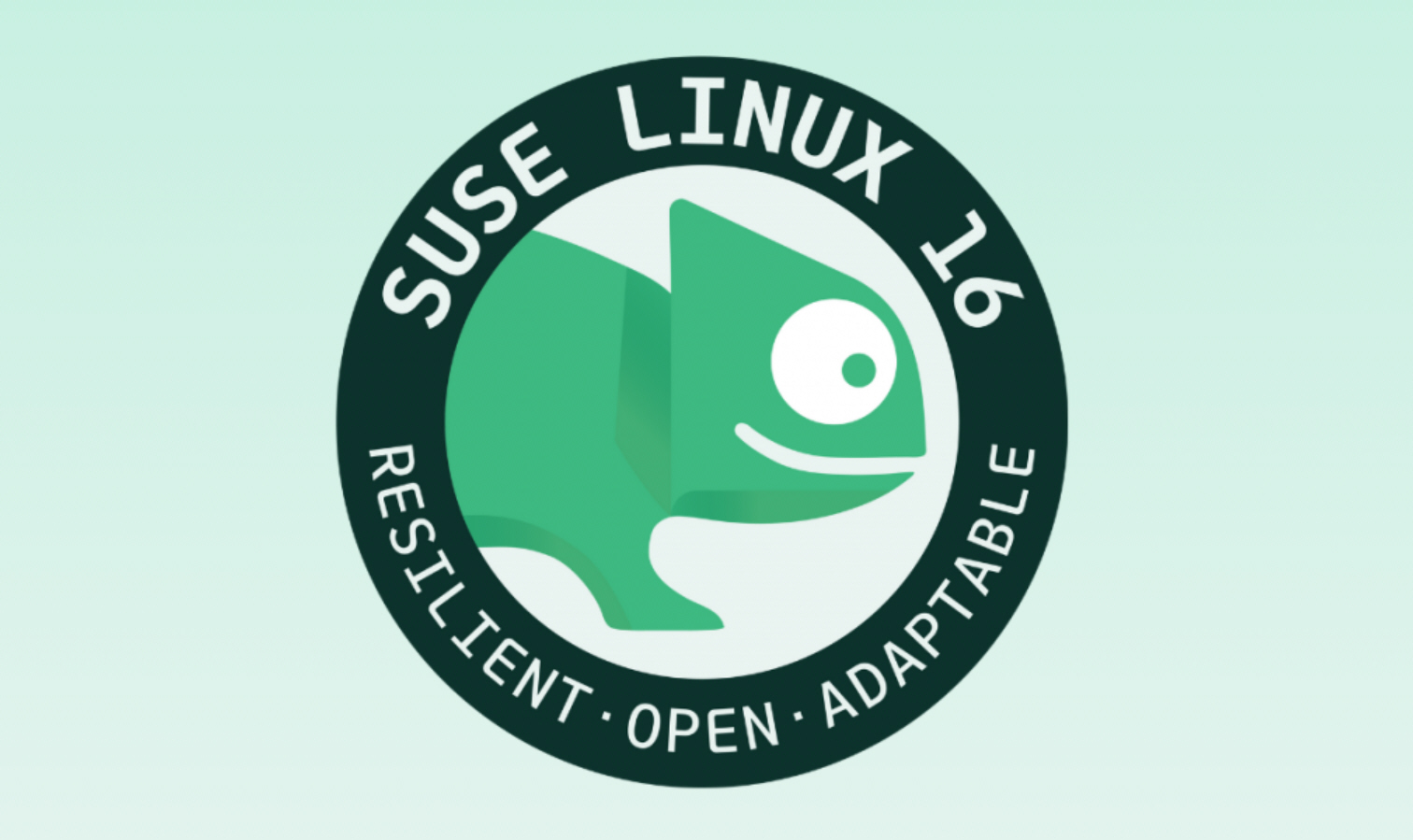
SUSE brings agentic AI to enterprise Linux
SUSE has released SUSE Linux Enterprise 16, which it describes as the first enterprise Linux distribution to integrate agentic AI through the Model Context Protocol (MCP). The update aims to let operating systems interact more directly with AI models and external data sources.
The Model Context Protocol, introduced in 2024 by Anthropic, is an open standard for connecting large language models to tools and data. It defines a simple client-server structure that allows AI systems to request information or perform tasks across different applications in a consistent way. SUSE’s adoption of MCP is meant to make those capabilities available at the operating system level, without depending on a single AI provider.

Red Hat introduces Developer Lightspeed, an AI-driven assistant to streamline workflows
Red Hat has announced a brand new suite of generative AI tools designed to slot directly into the company’s development ecosystem. The Red Hat Developer Lightspeed platform will allow developers to work more efficiently via context-aware assistance from within Red Hat’s existing toolsets. This includes the Red Hat Developer Hub and the migration toolkit for applications.
The company describes Developer Lightspeed as a response to the growing need for reliable, domain-specific AI tools rather than everyday, general-purpose models.
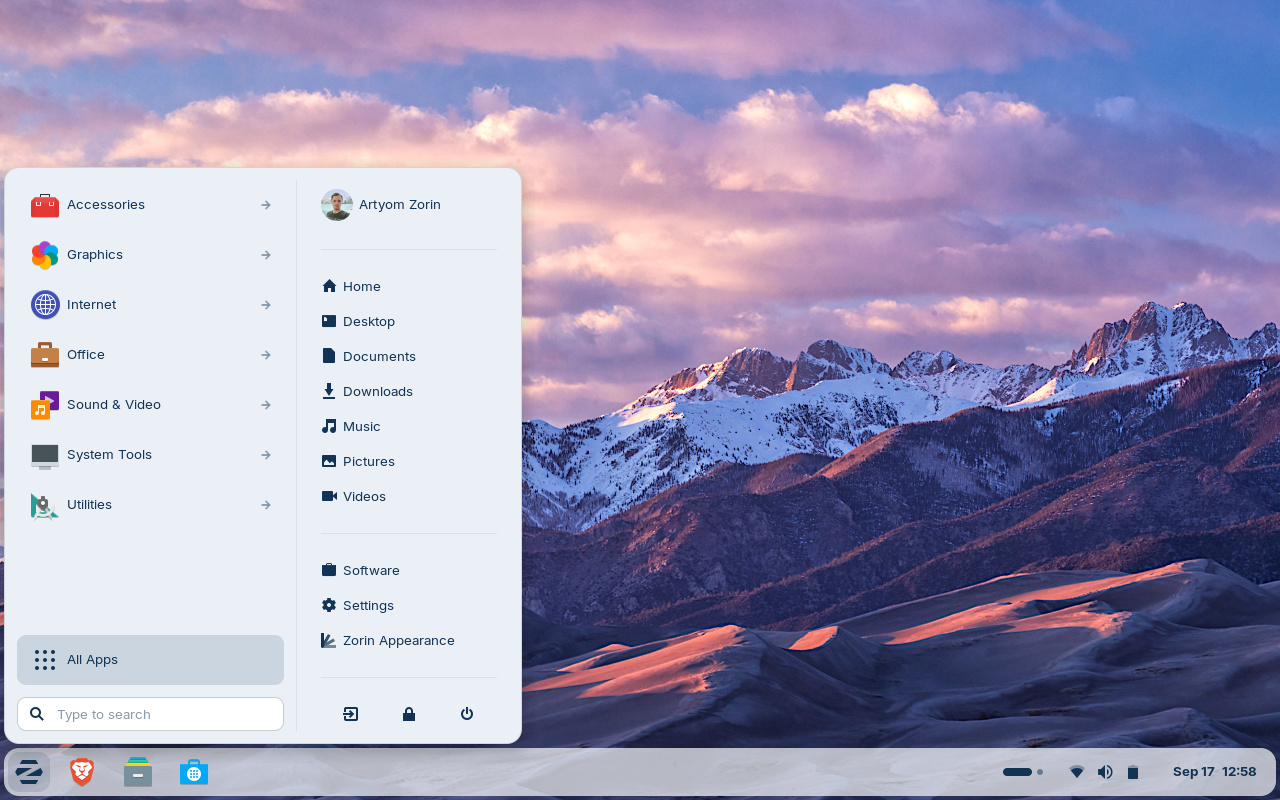
Windows 10 support has ended, but Zorin OS 18 is here as the ultimate alternative to Windows 11
Want to know a secret? If you don’t like Windows 11, you don’t actually have to use it. With Windows 10 support officially ending today, millions of PCs are being left behind. For users who want to keep their existing desktop or laptop, Linux offers another way forward, and Zorin OS 18 arrives just in time as one of the best Windows replacements available.
Zorin OS 18 is one of the most user-friendly Linux distributions around and introduces a new design, updated features, and improved compatibility with more of the tools people rely on every day.

Privacy-focused email provider Fastmail launches desktop app for Windows, macOS, and Linux
Fastmail users can now access their email inboxes, calendars, and contacts directly from the desktop. The privacy-focused email provider has released its first dedicated desktop app for Windows, macOS, and Linux, delivering the familiar Fastmail experience in a standalone format that works even when offline.
The app looks and feels like the web version but behaves like a true desktop client. It can be pinned to the dock or taskbar, opened from the app switcher, and set as the default email handler so that clicking an email link automatically launches a new message in Fastmail.
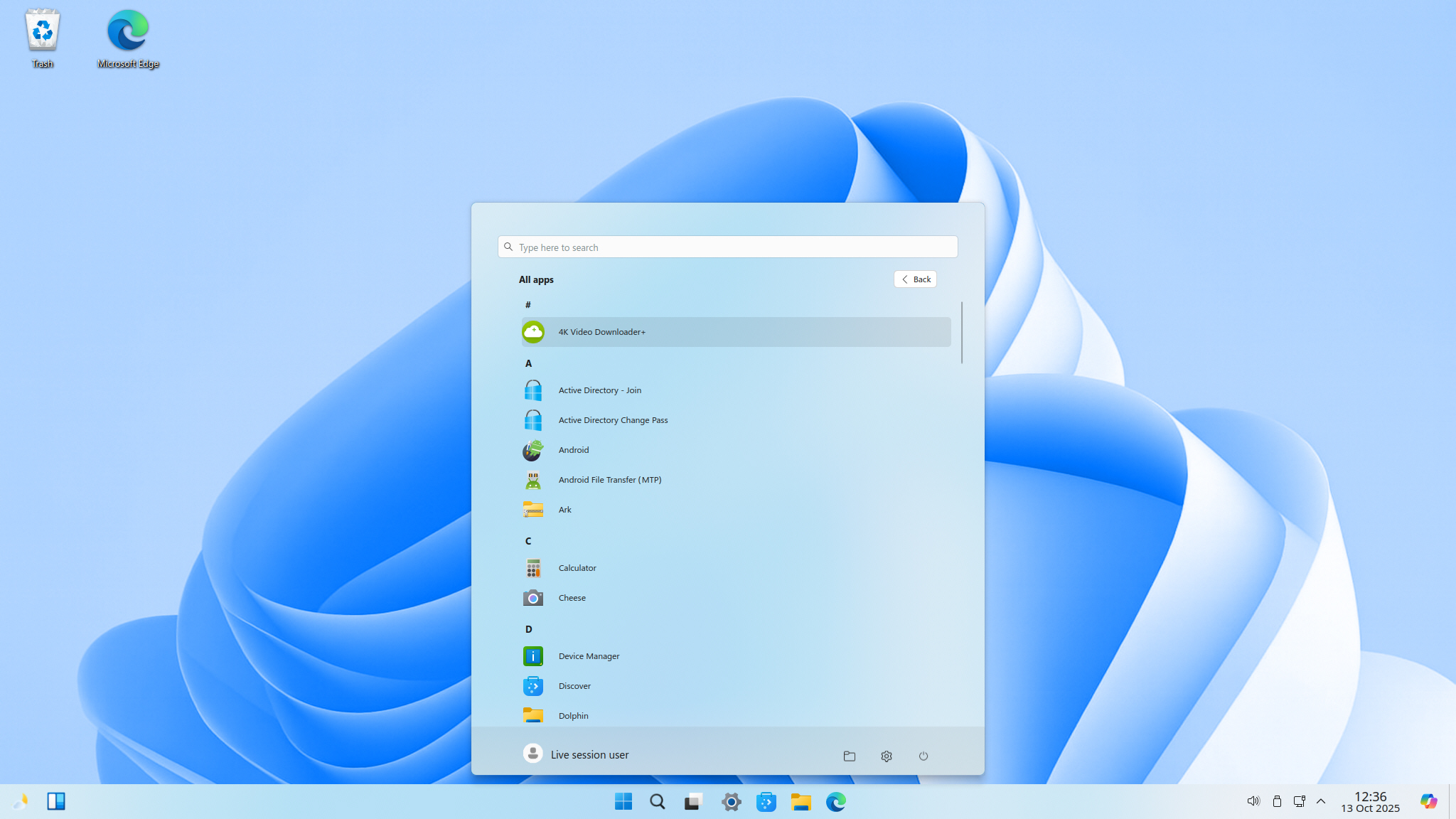
RIP Windows 10 -- Winux 'W10EOL' is the Windows 11 clone that runs on Linux and makes your old PC feel new again
Windows 10 meets its end of life tomorrow, and from then anyone still using the hugely popular OS will have to accept that -- unless they pay Microsoft for extended support -- they will no longer receive security updates, putting their computers and data at risk.
Microsoft would like Windows 10 users to switch to Windows 11, but for many older laptops and desktops, Windows 11 is simply not an option. This is where Winux comes in. Winux 11.25.10 “W10EOL” is the latest version of the Windows-style Linux distribution that offers a familiar environment and runs much faster on aging machines.

Apple, predictably, thinks Windows 10 users should move to macOS – here’s why
The day on which Windows 10 is no longer supported is finally upon us, and there is no shortage of advice about what the best course of action is. Microsoft wants Windows 10 users to upgrade to Windows 11, Windows 10 users want Microsoft to provide updates for longer.
Fans of Linux are using the death of Windows 10 to push for more people to adopt their favorite distros, but we’ve not heard a great deal from Apple. When asked, though, the company is happy to suggest that Windows 10 users being abandoned by Microsoft should consider switching allegiances and embracing macOS. And Apple has reasons.
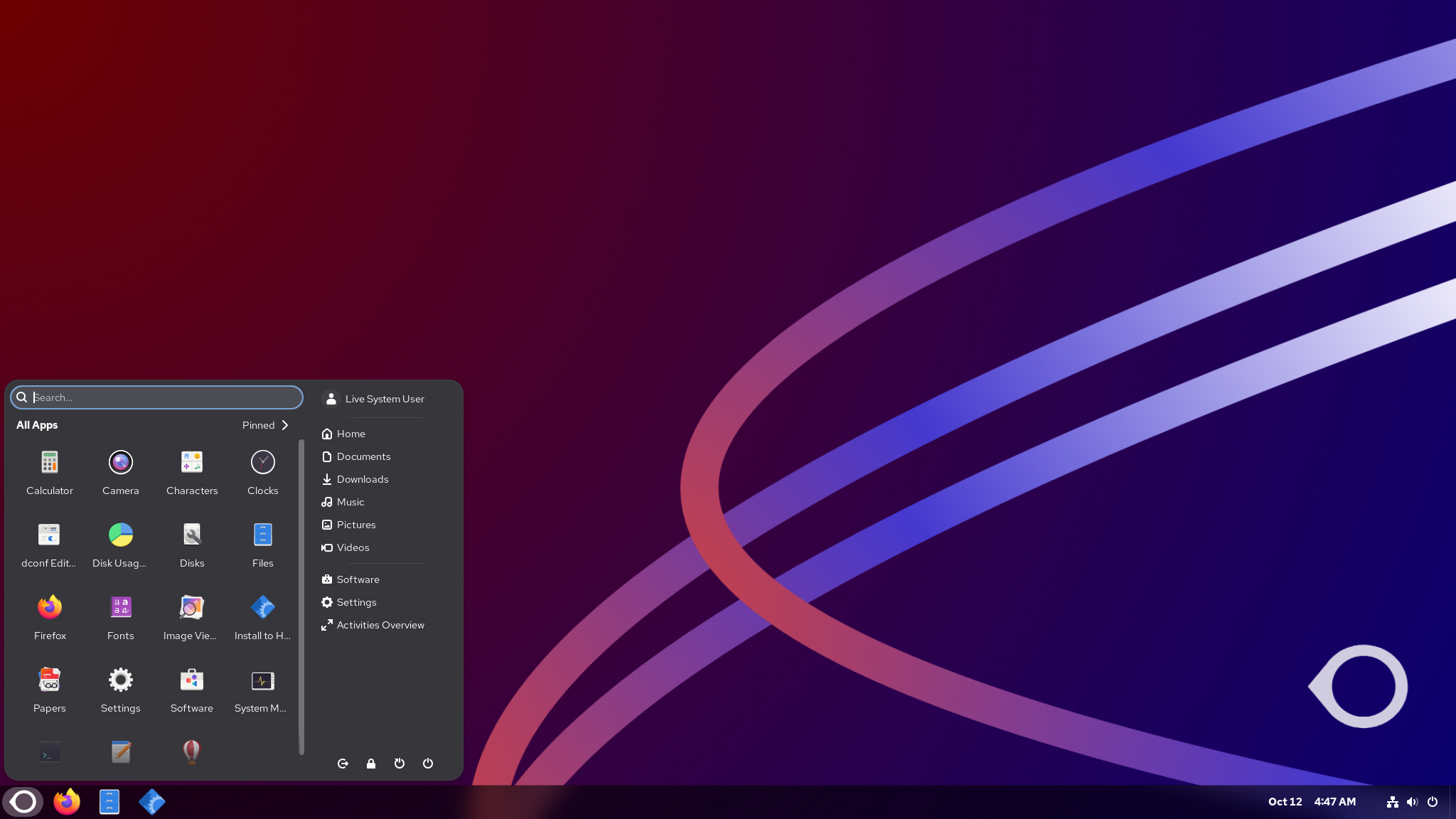
Oreon 10 gets a timely update as Windows 10 reaches its end of life -- download the alternative operating system now!
Windows 10 reaches its end of life in a couple of days, on October 14, 2025. Users who haven’t yet upgraded to Windows 11, perhaps due to compatibility issues with older hardware or a general dislike of Microsoft’s new OS, now face a choice between running an unsupported system without ongoing security updates or moving to a new operating system.
Alternatives include Linux distributions like the recently updated Ubuntu and Linux Mint, both of which are popular choices and for good reason. We’re big fans of Oreon 10, a Linux distribution designed for Windows users, and it has just rolled out a new feature update, Build 2510, in time for Windows 10’s end of life.
